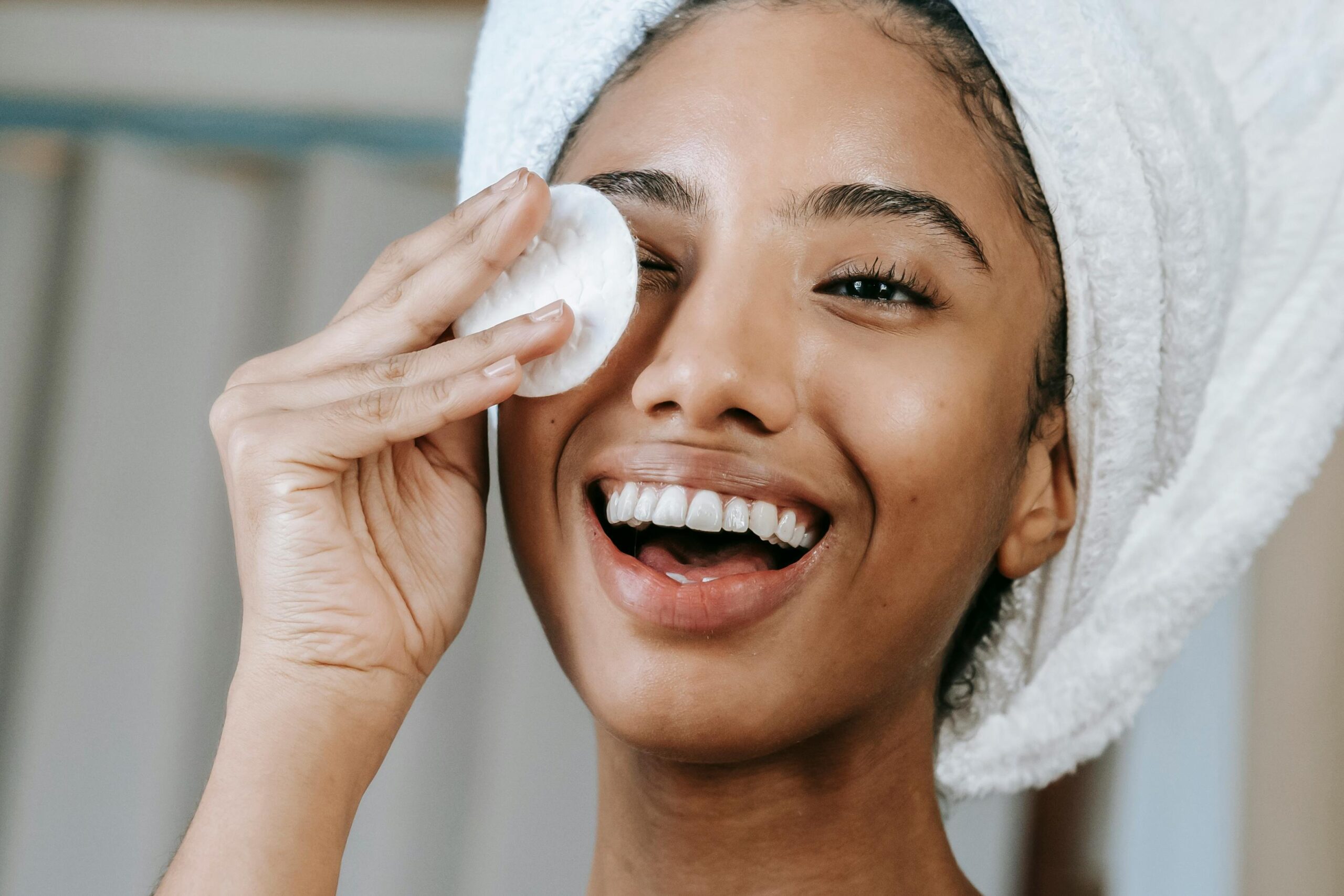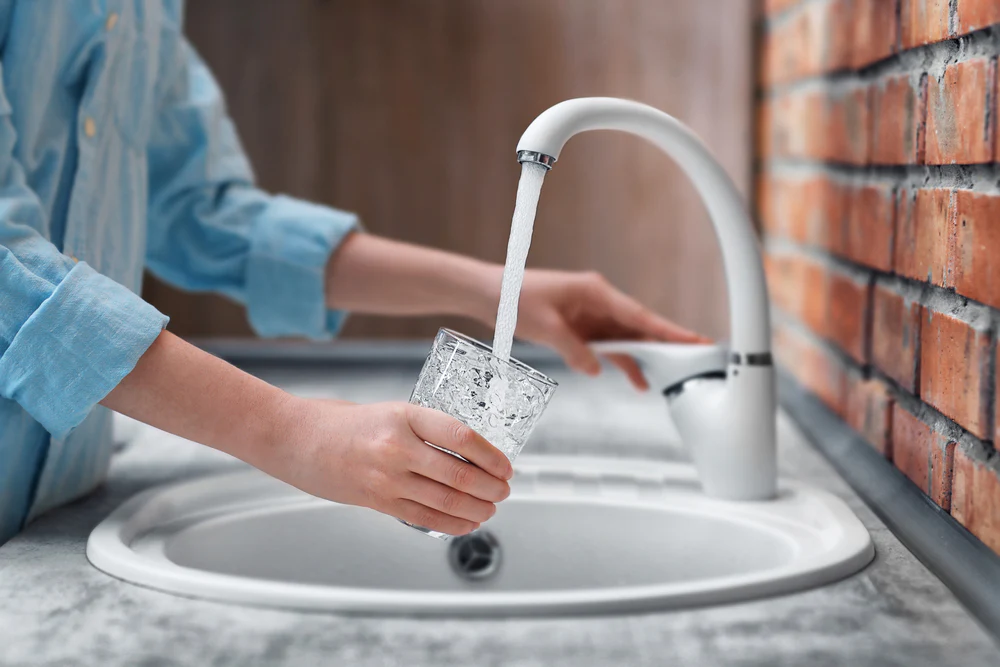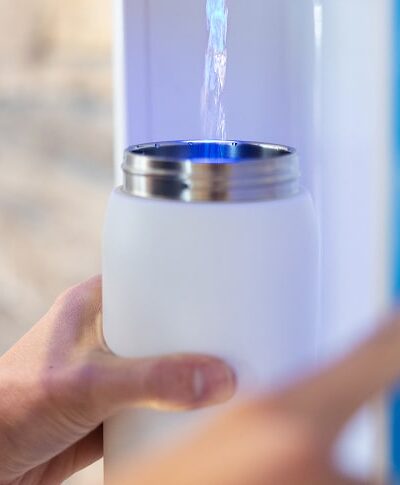In the quest for glowing, clear skin, people often turn to skincare products and treatments. While these can be effective, one of the most powerful tools for achieving healthy skin is something simple: water. Proper hydration plays a critical role in maintaining skin health, and it is a cornerstone of any effective skincare regimen. Here’s why staying hydrated is essential for clear, vibrant skin.
Hydration and Acne Prevention
Acne is a common skin concern, often linked to excess oil production, clogged pores, and bacterial growth. While these factors are well-known, dehydration can also play a significant role in the development and exacerbation of acne.
- Balancing Oil Production: When your skin is dehydrated, it can overcompensate by producing more oil to protect itself from dryness. This excess oil, combined with dead skin cells and debris, can clog pores, leading to breakouts. By staying properly hydrated, you help your skin maintain a balance, reducing the likelihood of excessive oil production.
- Reducing Inflammation: Dehydration can lead to inflammation, which can exacerbate acne. Proper hydration helps keep your skin’s barrier intact, reducing inflammation and allowing your skin to heal more effectively from existing breakouts. Water also helps flush out toxins that can contribute to inflammation and acne.
- Supporting Skin Healing: Adequate hydration is crucial for the skin’s natural healing processes. Water supports cell turnover and repair, which is essential for clearing acne and reducing the appearance of acne scars. Dehydrated skin is slower to heal, making it harder to recover from breakouts.

Drinking Water to Prevent Wrinkles
As we age, our skin naturally loses some of its moisture and elasticity, leading to the formation of fine lines and wrinkles. Proper hydration can slow down this process and help maintain a youthful appearance.
- Maintaining Skin Elasticity: Hydrated skin is more elastic and resilient, which helps prevent the formation of fine lines and wrinkles. When your skin cells are well-hydrated, they can better withstand environmental stressors like sun exposure and pollution, which are major contributors to premature aging.
- Plumping Effect: Water has a plumping effect on the skin, making fine lines and wrinkles less noticeable. When your skin is adequately hydrated, it appears fuller and more youthful. Dehydration, on the other hand, can cause the skin to look thin, crepey, and more prone to wrinkling.
- Enhancing Collagen Production: Collagen is a protein that provides structure and elasticity to the skin. Adequate hydration supports collagen production, which is essential for maintaining firmness and preventing wrinkles. Dehydrated skin is less effective at producing collagen, leading to a loss of firmness and the appearance of sagging skin.
The Science Behind Hydration and Skin Health
Numerous studies have highlighted the importance of water for skin health. One study published in the International Journal of Cosmetic Science found that increased water intake significantly improved skin hydration, particularly in individuals who normally consumed low amounts of water . Another study in Clinical, Cosmetic and Investigational Dermatology reported that proper hydration enhances skin elasticity and reduces the appearance of roughness .
Moreover, research indicates that even mild dehydration can impact skin health. A study in the Journal of the American Academy of Dermatology found that dehydration increases the skin’s susceptibility to irritants, leading to increased inflammation and the potential for breakouts .
Tips for Staying Hydrated
Given the importance of water for skin health, it’s crucial to maintain proper hydration. Here are some tips to ensure you’re drinking enough water:
-
- Drink Regularly: Aim to drink water consistently throughout the day, rather than waiting until you feel thirsty. Thirst is a sign that your body is already on its way to dehydration.
- Incorporate Water-Rich Foods: Include fruits and vegetables with high water content, such as cucumbers, watermelon, and oranges, in your diet. These foods not only help with hydration but also provide essential vitamins and antioxidants that support skin health.
- Carry A Reusable Water Bottle: Carrying a reusable water bottle not only serves as a consistent reminder to drink water, but it also helps save the environment by combatting single-use plastic bottles. With a reusable bottle, you can fill up on the go at water refill stations and water dispensers everywhere.
- Limit Diuretics: Be mindful of beverages that can dehydrate you, such as coffee, alcohol, and certain teas. If you consume these, balance them out with extra water.
- Use a Hydrating Skincare Routine: While drinking water is essential, using hydrating skincare products can also help maintain moisture levels in your skin. Look for ingredients like hyaluronic acid, glycerin, and ceramides.
Conclusion
Water is an essential element for overall health, and its benefits extend to the skin in profound ways. Proper hydration helps maintain moisture, supports detoxification, improves circulation, and enhances elasticity. By making hydration a priority, you’re not only supporting your body’s vital functions but also nurturing your skin from the inside out.
Clear, glowing skin starts with the simple act of drinking water. Make hydration a daily habit, and your skin will thank you with radiance and resilience.Here at FloWater, we’re committed to providing the world’s best tasting water to help everyone reap the benefits of proper hydration.
References
- International Journal of Cosmetic Science. (2015). “The effect of water intake on skin hydration among healthy individuals.”
- Clinical, Cosmetic and Investigational Dermatology. (2017). “The role of water in maintaining skin elasticity and reducing roughness.”
- Journal of the American Academy of Dermatology. (2013). “Dehydration-induced skin barrier dysfunction: Evidence from a clinical study.”




